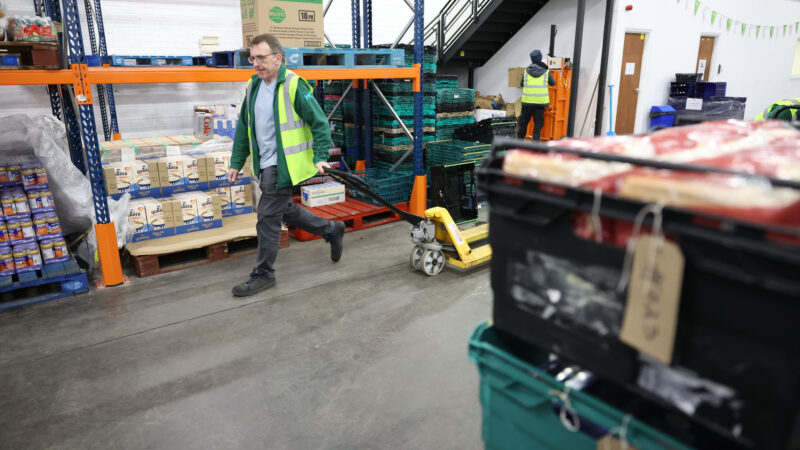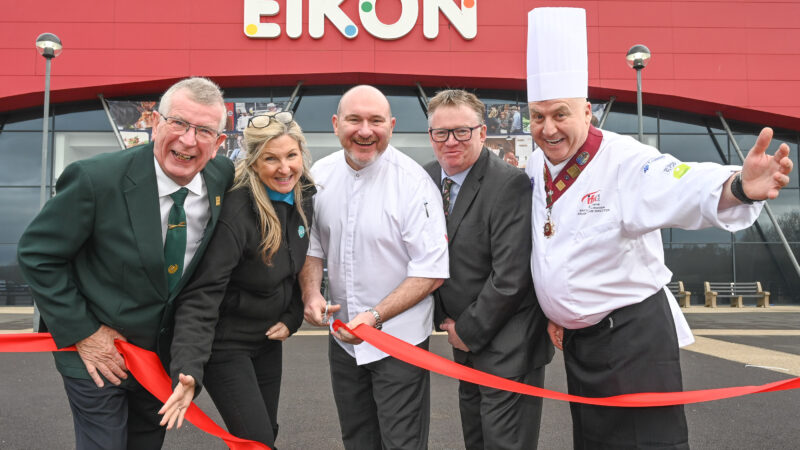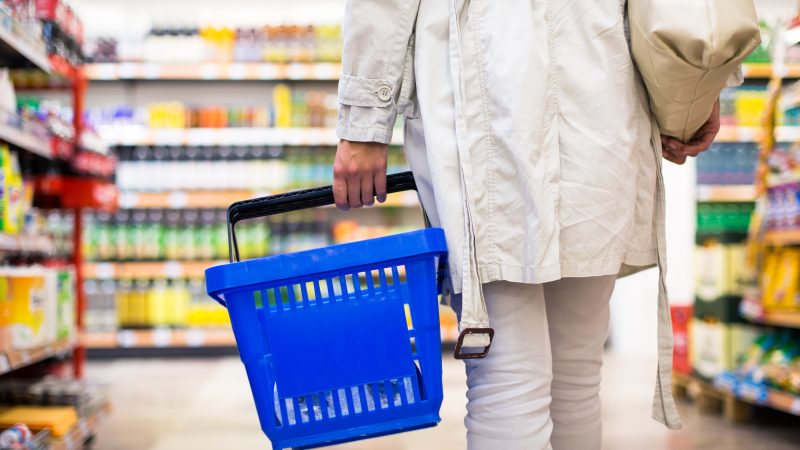Agriculture: an ever-evolving sector
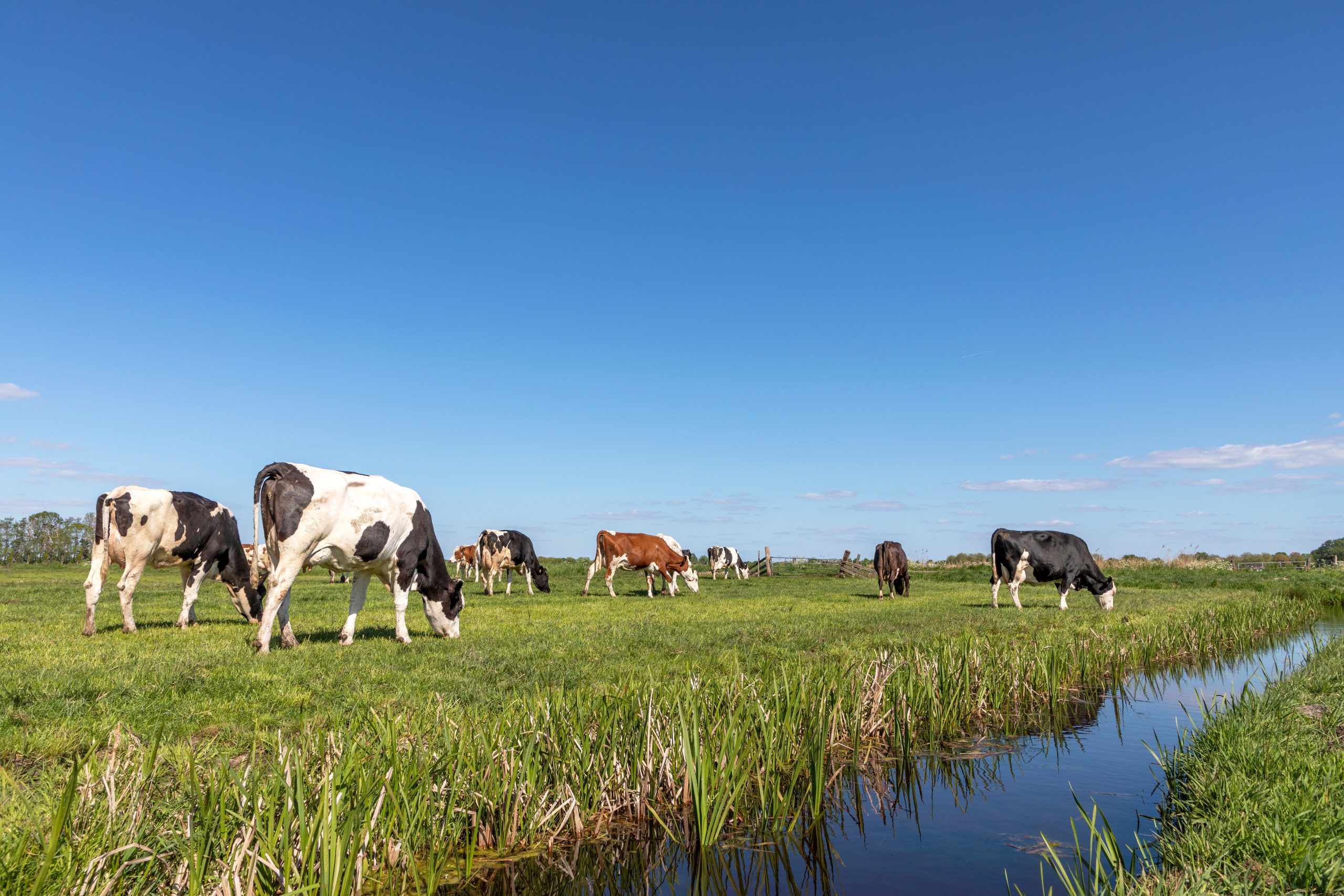
Northern Ireland agriculture finds itself in increasingly challenging times, as Ulster Farmers’ Union President, David Brown tells Neighbourhood Retailer.
We could not have anticipated that just as we emerged from a global pandemic, a war in Ukraine could bring such human suffering and put immense pressure on global food supply.

You won’t need reminded of the 250% increases in fertiliser prices, coupled with soaring feed and fuel costs. Food security has risen up the agenda in many countries. Regrettably, more reluctantly the Westminster government has decided it wants to maintain agricultural production, which is hardly a huge aspiration given the UK is only 60% self-sufficient in food production.
As farmers we understand you can produce more cattle, sheep, pigs, or poultry, but the one finite resource that there is no more of is land.
INVESTING IN OUR LAND
Throughout Europe an area one quarter of the size of Northern Ireland is taken for roads, buildings and infrastructure every year. That is without giving any consideration to the ‘land use land change’ proposals contained within all the climate change mitigations. If all of these are implemented to combat climate change it will put inevitable pressure on our farmland and food production capacity.
In our intensive sectors we depend on land to produce the grain, for free range or the ability to return the manures that increase our productivity. You can do nothing better than invest in your land and in our soils. It will repay you many times over in the food it produces.
Food is much more than just feeding your body. It’s social, its religious. However, for many, their knowledge of food ends at the supermarket shelf or bottom of the menu. As former chair of Bank of Ireland Open Farm Weekend, I have been heavily involved in the event which tries to make that ‘farm to fork’ connection, re-establishing a strong relationship between consumers and farmers in the process. Agriculture has always been an evolving sector.
‘Food is much more than just feeding your body. It’s social, it’s religious. However, for many, their knowledge of food ends at the supermarket shelf or bottom of the menu’
There are those who like to shout loudly that ‘cows are a problem’ without understanding the science behind the carbon cycle, the environmental benefits of grazed pasture-land and, of course, nutrition. Polarised debates are getting us nowhere… and they’re not allowing us to focus on the very real challenges around food supply in the future.
There is a lot to be said for healthy debate and discussion about what we want from our country’s farmers, but it does feel that we have devalued farming and food production.
The war in Ukraine has led to the European Union revaluating its farm to fork strategy and green agenda. The UK on the other hand has stuck rigidly to the approach that markets will adjust, alongside its ambition to strike trade deals across the world while resisting to accept that a war in Ukraine presents any challenge to food security.
FUTURE AGRICULTURE POLICY
The huge inflationary pressures on farm inputs are dictating decisions at farm level, having a knock-on effect on food inflation. Since the 1980s, the UK’s self-sufficiency has reduced from almost 80% to now, 60%. In these unprecedented times, we need to be doing all we can to protect our local food production while developing it appropriately.
Our industry faces huge change as our future agriculture policy is rolled out in the coming years. Developing policy means you need consensus and we as farmers, are not the easiest to find consensus with. As different sectors and individual independent farm businesses, we all have a view on what would work for us.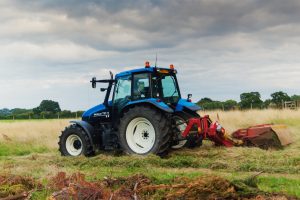
There is however, one basic principle, if it is not profitable, it is not sustainable, and our young people will run away from it. Farmers and their families have the same costs of living as everyone else in the country, but farmers are price takers, as we all know we cannot set the price for our products. Therefore, fairness in the supply chain is vital. Any pain needs to be shared fairly through the supply chain and not heaped back onto the farm gate. But times are changing and so must the way our businesses work. We need a new economic model for farming and our countryside.
As president, I will work tirelessly, following in the footsteps of those who have went before me, serving you, our members, by ‘promoting and supporting’ a vibrant and sustainable rural economy, where agriculture is secure and pivotal to its future.
TO SEE THE FULL FEATURE IN THE 2023 NEIGHBOURHOOD RETAILER YEARBOOK AND MARKETING GUIDE, CLICK HERE

